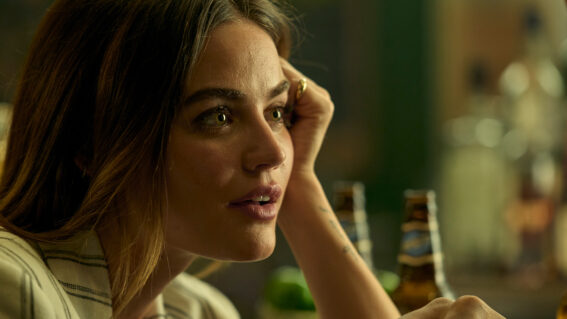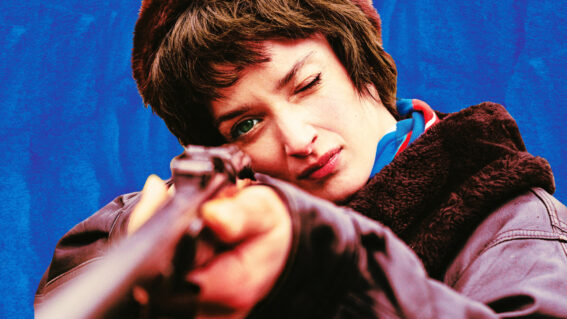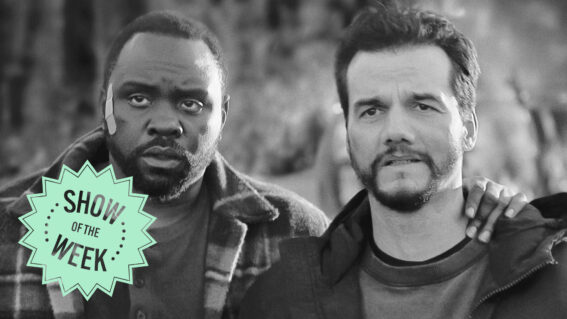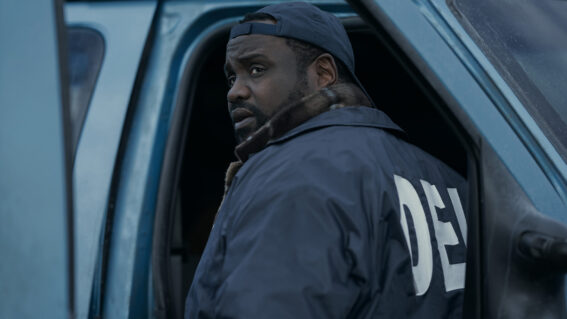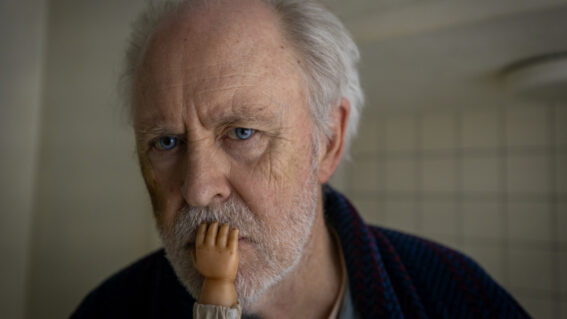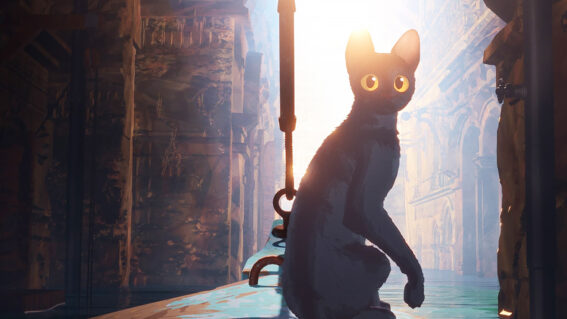Happy 20th birthday, Dark City! Revisiting Alex Proyas’ sci-fi classic
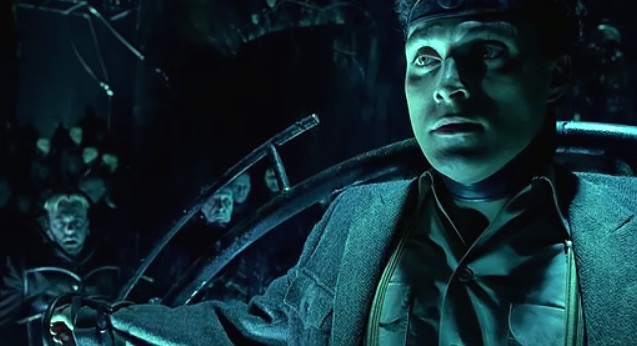

The Wachowski sisters’ seminal blockbuster The Matrix paints the human universe as a construct designed to mess with people’s minds, while harvesting their energy to power the machines. Souls are trapped inside a rat-in-maze artificial world, before a messiah channeling the power of the creators arrives to free us from its tyranny.
In 1998, one year before The Matrix opened in cinemas, another SFX-slathered spectacle explored very similar themes: Alex Proyas’ moody head trip Dark City. First opening (and flopping) in cinemas in February 1998, Proyas’ twisted vision of a dystopian future is now twenty years old.
Happy birthday, Dark City! This stunning Sydney-shot production is just as gorgeous to look at now as it was when first released. And still – despite some limitations – a thrilling film. It did not, however, come close to achieving the popularity or significance as the Wachowski’s earth-rattling blockbuster, for several reasons.
It was styled in a more alternative aesthetic, for starters, influenced by German expressionism – particularly Fritz Lang’s benchmark sci-fi, Metropolis. Dark City’s vision was also compromised by both its studio and its director.
A hackneyed showdown between hero and villain late in the piece undid some of the great achievements in the lead up to it. Warner Bros. lost faith in the film and re-edited it, tacking on an over-explanatory voice-over – as they did with the original theatrical release of Blade Runner. Like Ridley Scott’s noirish classic, a director’s cut of Dark City later emerged as the definitive version.
The titular metropolis was modelled by production designers George Liddle and Patrick Tatopoulos, in the style of depression era New York. The city is manipulated by telekinetic aliens called the Strangers. They move and rebuild it in scenery-rearranging, vaguely Escher-esque compositions, reminiscent of visual effects used in subsequent blockbusters such as Inception and Doctor Strange.
A wet, surreal look is conjured from start to finish. The film feels like it sticks to you. Comparisons have been made connecting Dark City to the mise en scène of the hallucinogenic 1995 French classic, The City of Lost Children, set in a squalid waterfont world. That film was about an evil being who steals dreams from children. In Dark City, memories rather than dreams are pilfered, taken from residents and replaced by the Strangers. This is part of an elaborate attempt to understand what makes human beings tick.
A deliciously twisted moment transpires when Dr. Schreber (Kiefer Sutherland) creates a concocted past for a soon-to-be-experimented-upon person. Hunched over a bunch of test tubes, he says, while fiddling with psychological properties, reminiscent of the dream-creating giant in The BFG: “A touch of unhappy childhood. A dash of teenage rebellion. And last but not least, a tragic death in the family.”
A question core to the film concerns whether human nature amounts to more than a collection of memories. This is explored philosophically and, in a roundabout way, physically, through the protagonist John Murdoch’s (Rufus Sewell) quest to find a place called Shell Beach. It is a wonderful, summery spot he remembers visiting as a child – though neither he, nor anybody else, can quite recall how to get there.
Dark City is a great film to revisit. Its world reverberates like a familiar nightmare; like fragments of visions from half-remembered dreams.
The aforementioned climactic confrontation, between Murdoch and arch villain Mr. Book (Ian Richardson) handicaps it, preventing Proyas from achieving greatness – at least as a complete piece of work. The scene is too prominent, and too important to the narrative, to be ignored. The director however achieved more than a hint of brilliance along the way.
One terrific scene has Dr. Schreber inserting himself into a lifetime’s supply of memories, then injecting those memories into Murdoch’s mind, in order to clandestinely pass on crucial instructions. The visualisation of this is a thrillingly distorted sequence, like trying to watch television through the reflection of a fun house mirror. Despite its flaws, Dark City is still one hell of a movie.

